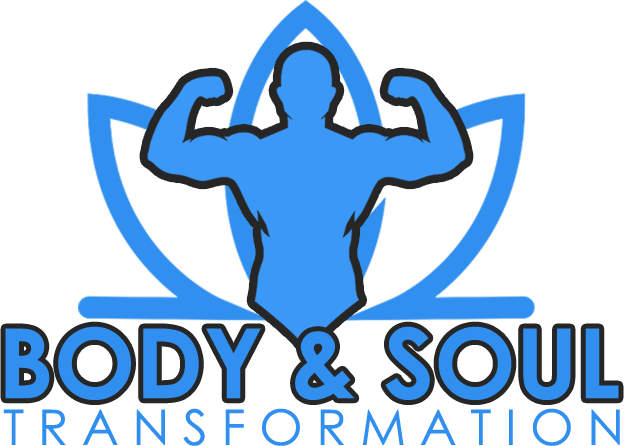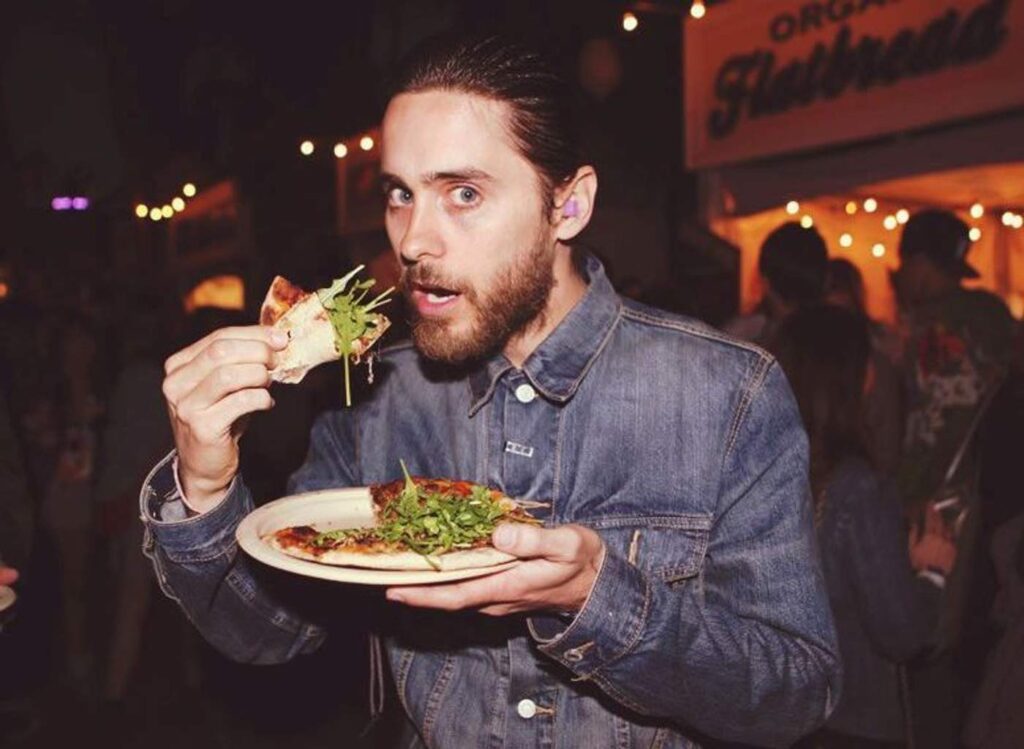A plant-based diet is very rarely introduced from birth.
But an American vegan activist Gary Yurofsky once said: “Put a live rabbit and an apple in the crib for a two-year-old child. If a child eats a rabbit and plays with an apple, I will admit that I was wrong and I will eat a steak.”
However, it is never too late to become a true vegetarian. Simply giving up a fried steak or kebab, you can save the life of at least one representative of the animal world, and this will be the first step on the way to a meaningful and full-fledged life.
It is not necessary to switch to strict vegetarianism right away – there are many programs that allow you to do this progressively and gently.
Where should I start the transition to plant-based diet?
Before accepting a new philosophy of life, it is necessary to be imbued with its ideas, principles and concepts. In this endeavor, the best assistant will be thematic literature, a mentor who successfully let this philosophy into his life, a vegetarian message from like-minded people or examples of famous and respected people around the world who adhered to this diet.
TOP 5 books that are a must-read for novice vegetarians:
Jack Norris and Virginia Massina, “Vegetarian for Life”. This work will clearly explain all the benefits of plant food, teach you to enjoy a vegetarian diet and tell you how to diversify your diet.
Kathy Freston, “The Vegetarian”. A delightful book in its simplicity by a famous vegetarian, which teaches readers how to stay healthy and cheerful people throughout their lives.
Alexandra Romanova, “Vegan for beginners”. After reading this book, the future vegetarian will not have any questions about whether he needs a plant-based diet. Adapted for domestic readers, the book will tell you that a vegetarian diet is suitable for everyone who dreams of a long and fulfilling life, will teach you how to cook simple, unpretentious and at the same time incredibly delicious dishes, without sacrificing defenseless representatives of the fauna.
Thomas Campbell, ” Chinese Research in Practice: A simple transition to a healthy lifestyle.” The work will not only tell you why to stick to plant-based diet, but also teach you how to adjust your diet to a healthier one.
Leo Tolstoy, “The First Step”. The book will interest all fans of Russian classics, including experienced and novice vegetarians. Being a well-known adherent of plant food, Lev Nikolaevich was one of the first to expound the philosophy of nonviolence in his work, which, according to many ideas, logical conclusions and justifications, is significantly ahead of not only the author’s contemporaries, but also today’s knowledge.
How to give up meat and start plant-baised diet? Step-by-step instructions
The fact is that over the years of meat-eating, a special putrefactive microflora has formed in the gastrointestinal tract, which contributes to the breakdown of products with a high content of fats and proteins, but is practically indifferent to plant foods.
In vegans, on the contrary, bifidobacteria prevail in the intestines, which synthesize vitamins and other useful trace elements, restoring the body from the inside. However, it will take time and patience for the gastrointestinal microflora to be rebuilt.
Stage 1. Exclusion of meat from the menu
Since the body is used to eating fatty foods with a high protein content, you should not immediately switch to low-calorie salads, vegetables and fruits. At this stage, a small trick helps perfectly: as soon as you want to return to the meat menu, you should prepare the usual dishes from new products.
For example, beetroot cutlets, rice-carrot meatballs or bean stew. In addition, at this stage it will not be possible to fully balance your diet, because the body will need the usual protein intake. Nuts, beans, peas, soy and lentils can completely replace meat, providing the body with everything necessary.
At the first stage, the gastrointestinal microflora will begin to slightly change its composition, but a more balanced diet will be required for complete purification, since artificially increased protein intake is fraught with a violation of metabolism. Such a menu is acceptable only at first, when the body is just getting used to doing without meat. This period usually takes no more than a week.
Stage 2. Nutrient balance
Having learned to live without meat, you should think over your diet in detail in order to provide your body with the necessary nutrients.
This period will be the most difficult, because the body will have to re-learn the digestive processes. During adaptation, breakdowns and a feeling of hunger are most possible despite a dense and full meal-this means that the body is still adjusting, accepting a new philosophy.
Stage 3. Acceptance and rethinking
As soon as the body and mind have been cleansed of cruelty and violence, and the body has learned to perceive plant food as the only possible one, the newly-born vegetarian will definitely feel a surge of strength, lightness and cheerfulness. The state of health will improve, the swelling, rapid heartbeat and heaviness in the whole body will go away, and it will become much easier to wake up in the morning. This is the moment of enlightenment, when it becomes clear that life without meat is natural, pure and full.
At this stage, you can start experimenting with varieties of plant-baised diet, trying out fructorian, macrobiotic recipes or testing the principles of raw food, perhaps some of them will appeal to you.
However, it is not necessary to switch to a more strict diet, the main thing is that the rest of the inhabitants of the planet do not suffer during the cooking process.

